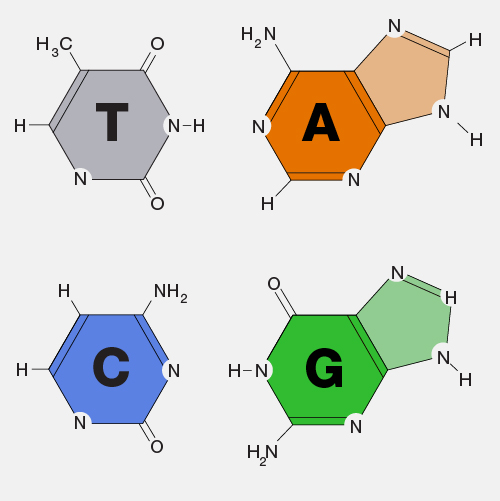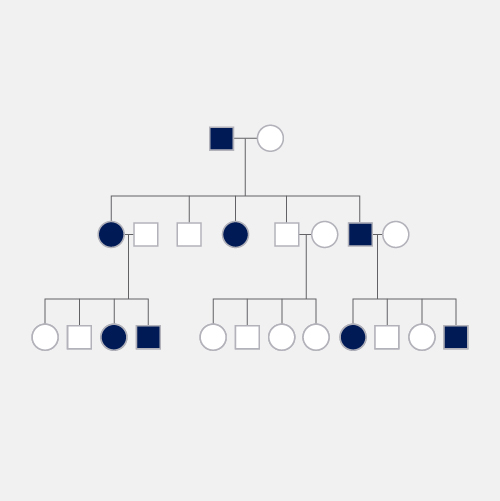Diabetes (Diabetes Mellitus)
Definition
Diabetes mellitus is a disease characterized by an inability to make or use the hormone insulin. Insulin is needed by cells to metabolize glucose, the body's main source of chemical energy. Type I diabetes, also called insulin-dependent diabetes mellitus, is usually caused by an autoimmune destruction of insulin-producing cells. Type II diabetes, also called non-insulin-dependent diabetes mellitus, occurs when cells become resistant to the effects of insulin.
Narration
Diabetes mellitus actually means "sweet urine". It may shock you that, in fact, in the old days the way this diagnosis was made was by a quick little sample of the taste, and distinguished diabetes mellitus from diabetes insipidus, which was tasteless urine, which was a different problem in the pituitary. Oh well. A little historical note shouldn't distract from the importance of this disease. There's a Type 1, which affects kids, which is really an autoimmune disease, and a Type 2, which is much more common, affecting an increasing number of adults, because it's very much associated with environment and particularly with a diet, and gaining weight, and lack of exercise; all the things that are so characteristics of our current Western civilization...a major disease in terms of its impact on people, its contribution to suffering, and medical expense.


